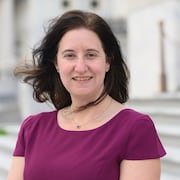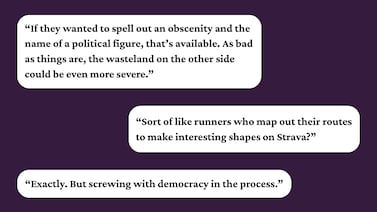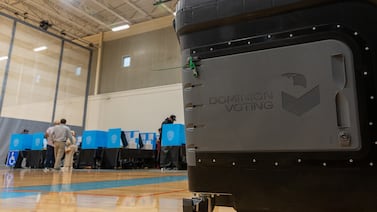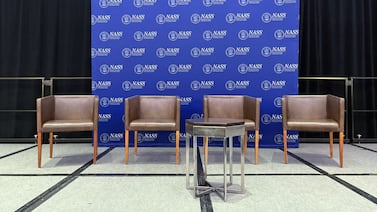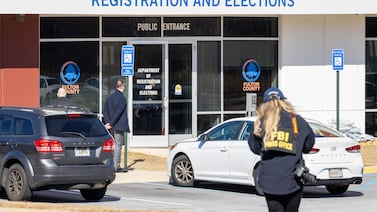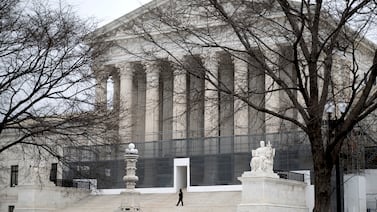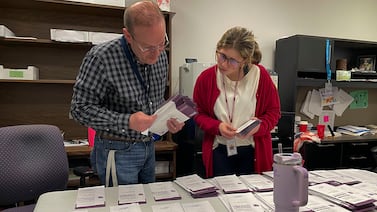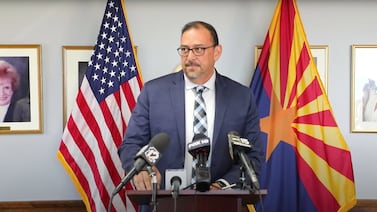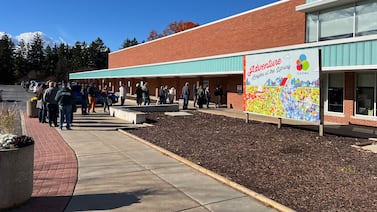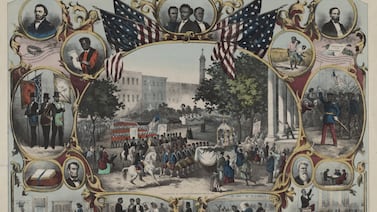A Supreme Court case could turbocharge mid-decade gerrymandering.
Buying Dominion made a little-known election technology entrepreneur one of the most powerful players in elections.
Pam Bondi, Tulsi Gabbard, and Kristi Noem canceled a highly anticipated appearance before secretaries of state.
Secretaries of state gathered for a national conference emphasize confidence in election systems
The ruling could increase the number of lawsuits over elections — but also encourage candidates to bring them sooner.
Discussions at an annual conference spotlight the concerns hanging over preparations for the midterms.
State officials say it would be illegal to turn over voters’ personal information to the federal government.
Legal fights, court rulings, and state power struggles could shape how the midterms are run.
A House hearing provided clues on what election laws Republicans are hoping to change.
There’s little precedent or legal authority for what Michigan lawmakers are seeking from the Justice Department.

